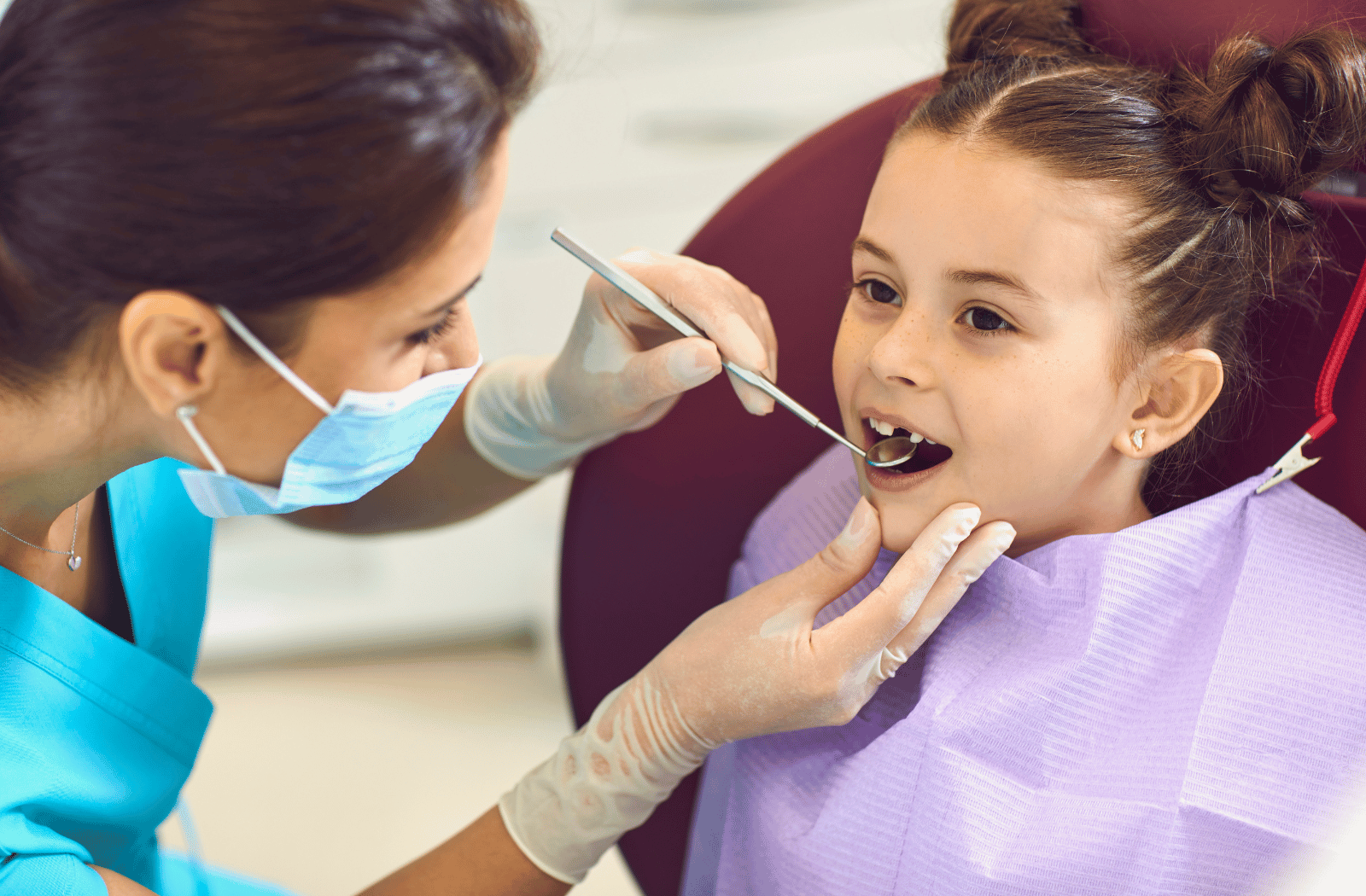What is Sedation Dentistry?
Going to the dentist can be a stressful experience, especially if you have dental anxiety or phobia. If you dread dental appointments, you’re not alone. About 36% of the population has some level of anxeity about the dentist, and some even avoid appointments due to this anxiety. While in the short-term, avoiding the dentist seems harmless, avoiding dental care can lead to serious oral health issues and even impact your general health.
Sedation dentistry involves using medication to promote relaxation. It's an excellent option for people who suffer from dental anxiety, require extensive dental treatment, or have a strong gag reflex. If you’ve been putting off dental work or cleanings, talk to your dental team. They can help you feel more comfortable and find a solution for your dental anxiety.
When to Use Sedation Dentistry
Sedation dentistry is a technique that uses medication to help patients feel calm and relaxed during dental appointments. This safe, effective technique is ideal for patients who are anxious, stressed, or have medical conditions such as ADHD, autism, or high blood pressure that can make traditional dental appointments and procedures challenging to tolerate.
Who Can Benefit from Sedation Dentistry?
Sedation isn’t just an option for children or patients with severe dental anxiety. It can also be recommended for those with:
A strong gag reflex
Extreme tooth sensitivity
Decreased sensitivity to local anesthesia
Claustrophobia
Difficulty controlling movement
Benefits of Sedation Dentistry
Sedation dentistry has a wide range of advantages, including:
Anxiety relief
Improved dental experience
Enhanced comfort
Manages gag reflex
Anxiety Relief
One of the most significant benefits of sedation dentistry is its ability to alleviate dental anxiety. Dental anxiety or fear is often triggered by:
Fear of pain
Worry about injections
A sense of helplessness
Fear of choking
Unease with blood
Sedation can be a game-changer for individuals who experience fear or apprehension when sitting in the dentist's chair. With sedation techniques, many patients can diminish their dental anxiety and embrace a dental experience with less stress.
Improved Dental Experience
Perhaps one of the most crucial benefits of sedation dentistry is its positive impact on your dental health and overall well-being. With sedation, patients may be more likely to receive the dental care they have been avoiding due to anxiety or fear. By addressing dental issues promptly, you can prevent further complications, maintain your oral health, and enhance your overall quality of life.
With sedation dentistry, patients can cope with more extended appointments, a greater amount of dental work, and more invasive procedures. For this reason, sedation is an excellent option for patients who need extensive dental treatment.
Enhanced Comfort
Certain dental procedures can be lengthy and complex, causing discomfort or restlessness in some patients. Sedation dentistry helps address this issue by creating a comfortable experience throughout the procedure. Whether you're undergoing a root canal, dental implant placement, or any other extensive treatment, sedation can significantly improve your comfort levels and overall satisfaction.
In combination with pain medication, sedation helps reduce pain sensations, thus making it easier to tolerate dental procedures.
Managing a Sensitive Gag Reflex
If you have a strong gag reflex that makes it challenging to undergo dental procedures, sedation dentistry can make your experience much more comfortable. Sedation techniques minimize gagging sensations by inducing a relaxed state, making it easier for you and your dentist to complete the necessary dental work with minimal discomfort.
Types of Sedation Dentistry
There are 3 common types of sedation dentistry.
Nitrous Oxide Sedation
Also referred to as "laughing gas," this sedation method is a mild sedative administered through a mask placed over the nose for a calming effect. Nitrous oxide helps patients feel relaxed during dental appointments and can easily be flushed out of your system with pure oxygen following the cleaning, exam, or procedure.
Oral Sedation
Oral sedation involves taking a pill prescribed by your dentist—typically an anxiety medication—that allows you to feel entirely relaxed. The dosage will depend on your weight, age, and the type of procedure being performed. You'll still be conscious during your appointment, but it can make you groggy and temporarily affect your motor skills.
It can help your dentist perform your treatment more efficiently and can affect your memory of the treatment, further reducing stress. Oral sedation is more potent and longer lasting than nitrous oxide, so you won't be able to drive yourself home following your appointment.
IV Sedation
IV (intravenous) sedation is the strongest form of conscious sedation. It’s usually the ideal option for patients requiring extensive dental work or with severe dental phobia. IV sedation works quickly, creates an extended period of amnesia, and can allow your dentist to perform procedures in less time, with fewer appointments.
Discuss Sedation Dentistry with Shine Dental
Dental anxiety shouldn't prevent you from seeking essential dental care. Sedation dentistry can help make dental appointments more comfortable and easier to manage. Schedule an appointment with the Shine Dental team and talk to us about sedation solutions. Sedation dentistry can help you get the quality dental care you need without the stress or anxiety that dental appointments can bring.

